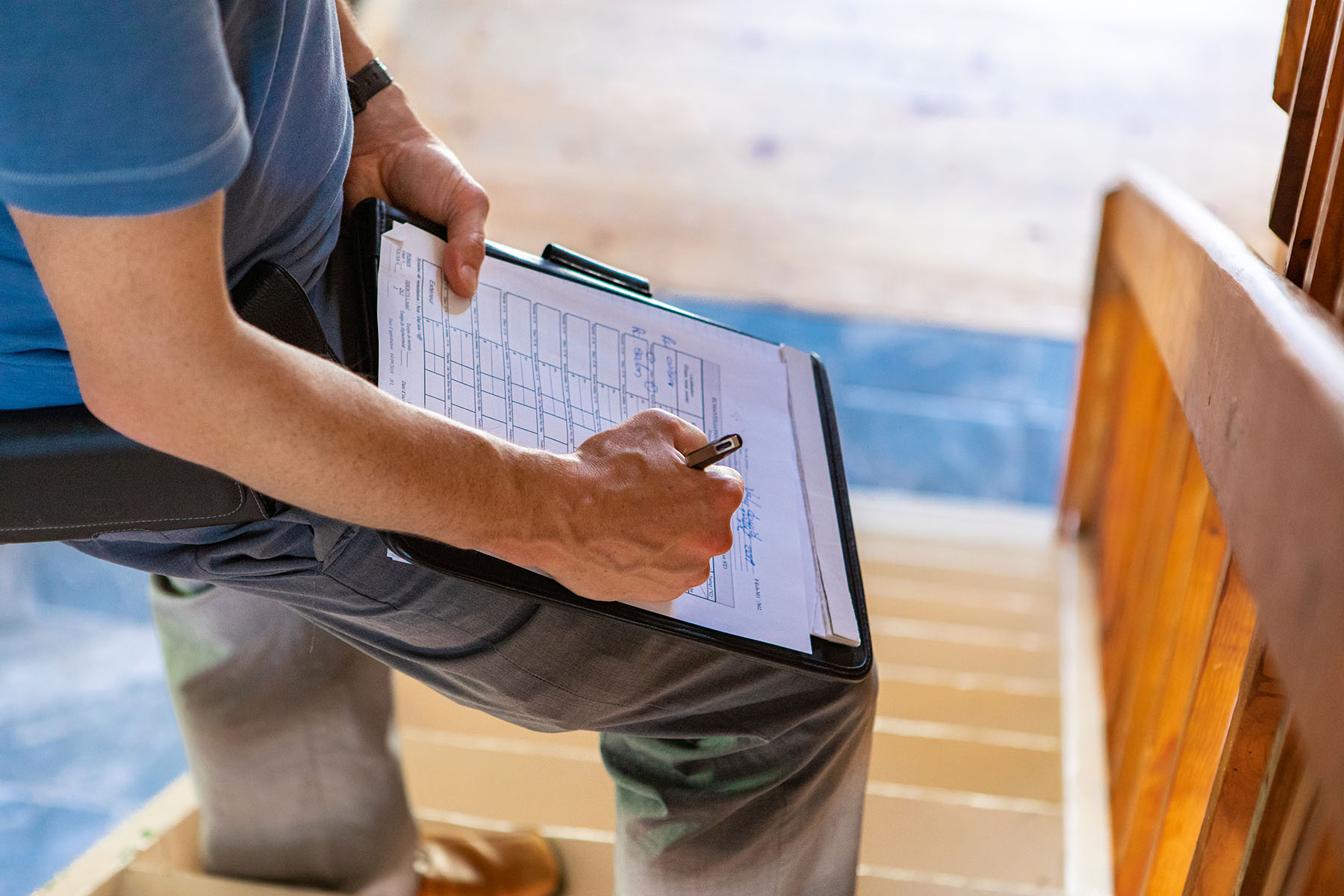Due Diligence
In Karen’s last blog post, we talked about Due Diligence and its importance, and how unfortunately the intensity and competitiveness of today’s market is tempting some buyers to skip this incredibly valuable process. Here’s a deeper look in to Due Diligence and what you can and should expect.
Buyer’s Investigation Period
Buyers and sellers agree upon the due diligence period when negotiating the terms of the contract. Real estate contracts in states across the U.S. typically offer the opportunity to customize a period of due diligence.
Whatever period the buyer and seller decide is set as a specific number of days from the acceptance of the final contract between them.
Sellers’ Required Disclosures in Georgia
Although Georgia’s laws do not require sellers to fill out a disclosure form, Georgia courts have stated that home sellers must inform buyer about any latent or known material (important) defects in the condition of the home.
Also the seller must also honestly answer a buyer’s questions about the home. Questions such as what repairs have been done to the home, or how noisy is the neighborhood will need to be answered honestly.
Proper Due Diligence Includes Homework
BEFORE you actually make the purchase, here are a few steps you will need to perform with Karen’s help. Once you have completed the following you can determine if there is too much risk and costs for you to move forward with the purchase.
Property Inspection
Go to the inspection. If you can’t, then carefully read the inspector’s report.
Follow up with a contractor to determine costs for making repairs. Needed repairs can be costly, so know what you are looking at by getting estimates.
Karen has created a list of trusted home repair people, called Salter’s Sources to provide quotes and offer suggestions.
Acquiring Insurance
Homeowner’s Insurance covers major losses such as, liability, natural disasters (like floods or earthquakes), private property losses, fire and theft. Insurance carriers vary in price, so spend time comparing the rates of several insurers. How much insurance will cost depends on several factors. Add insurance on your property before purchasing.
Read the Homeowners Association Covenants and Restrictions
Don’t assume that HOA’s have it all together. This can come as a shock but HOA’s can mismanage neighborhood projects and funds creating difficulty for homeowners.
Investigate the HOA thoroughly. Look for issues, and special assessments that have happened or are planned to be issued.
Also, read the Homeowners Associations’ covenants and restrictions. You may want to take out trees to add a family pool, and learn you can’t. This typically large document can be daunting to read. Do it anyway.
Walking the property Hard to imagine, but there are times when the excitement or pressure to “jump on a house” leads to the rushing through of this step. Another danger is sometimes prospective buyers may be seduced or fall in love with a single, design aspect of the house and completely overlook other “fixed” characteristics like carefully examining the plat of the property, where you can examine everything more closely.
Ask Questions
Finally don’t forget to ask lots of questions. This is when an experienced agent like Karen is invaluable to the buying process. Check out Karen’s recent, two part blog post on “Questions to Ask before Buying a Home”.
An experienced real estate agent like Karen can help guide you through the buying process to get the best outcome for you. She will remain calm and in control despite the urgency of her buyers or the conditions of the market.
Please contact Karen today to get the best representation in your corner.









